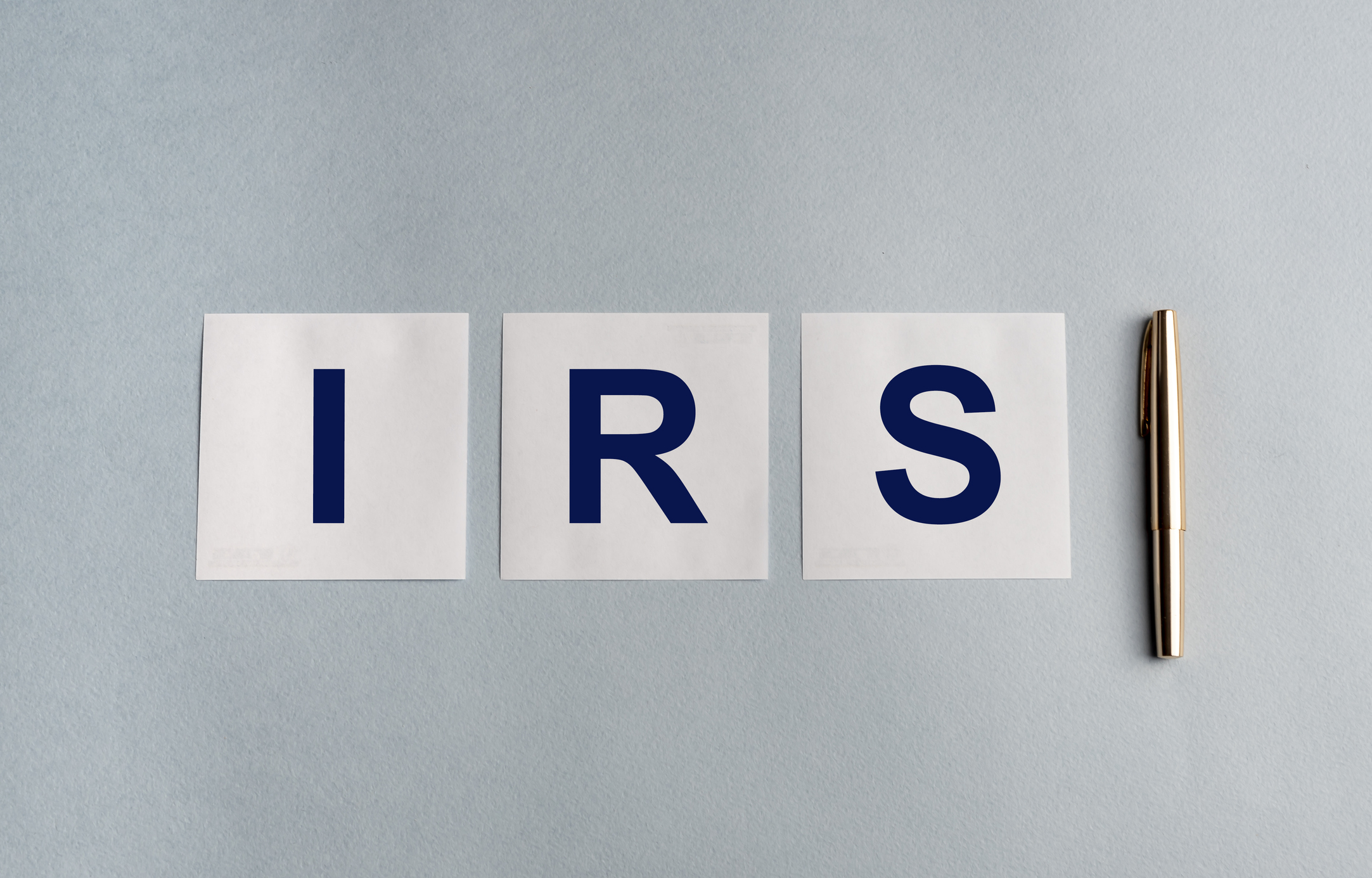
Getting the right tax advice and tips is vital in the complex tax world we live in. The Kiplinger Tax Letter helps you stay right on the money with the latest news and forecasts, with insight from our highly experienced team (Get a free issue of The Kiplinger Tax Letter or subscribe). You can only get the full array of advice by subscribing to the Tax Letter, but we will regularly feature snippets from it online, and here is one of those samples…
The IRS’s Large Business and International Division has an active risk campaign on the issue of when limited partners and LLC members in professional service firms owe self-employment tax (or SECA tax) on their distributive share of the firm’s income. LLCs and limited partnerships that practice law, medicine, accounting, architecture, etc., are being eyed by IRS examiners, and audits have been ongoing for the past few years. Hundreds of professional-service companies have been selected for these SECA audits.
In 2017, the U.S. Tax Court ruled that law firm members who actively participated in an LLC’s operations and in management weren’t mere investors and were liable for self-employment taxes. The lawyers claimed that their interests in the member-managed LLC qualified as limited partner interests, exempting them from SECA tax on their share of the firm’s income. The Court disagreed, saying the lawyers weren’t mere investors in a partnership. Instead, they actively participated in the firm’s business operations by doing legal services and they had management powers
SECA Audit Examples in Tax Court
More of these self-employment tax cases are now coming before the Tax Court. Here’s one example involving a limited partnership hedge fund engaged in investment services. On audit, the IRS said that the owners don’t qualify as limited partners for purposes of the SECA rules, and reclassified $141 million of the partners’ income as net earnings from self-employment. The firm filed a petition in Tax Court in 2022. The company is urging the Tax Court to rule that limited partners in state-law limited partnerships are exempt from self-employment tax on their distributive share of partnership income.
A second example involves a state-law private-equity limited partnership that invests in energy and commodities companies. The firm filed its Tax Court petition last month in response to an IRS audit. The agency determined after its exam that five of the firm’s service partners weren’t limited partners for purposes of the SECA rules and reclassified $51 million of the partners’ income over two years as net earnings from self-employment. The partnership argues that the limited partner exception to SECA tax applies to partners who act as both investors and service providers.
This first appeared in The Kiplinger Tax Letter. It helps you navigate the complex world of tax by keeping you up-to-date on new and pending changes in tax laws, providing tips to lower your business and personal taxes, and forecasting what the White House and Congress might do with taxes. Get a free issue of The Kiplinger Tax Letter or subscribe.







